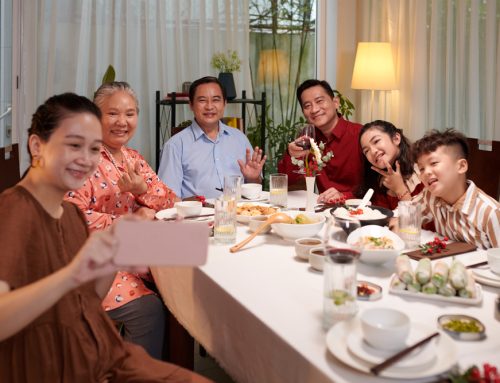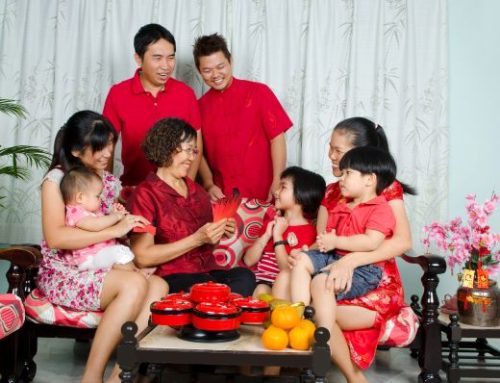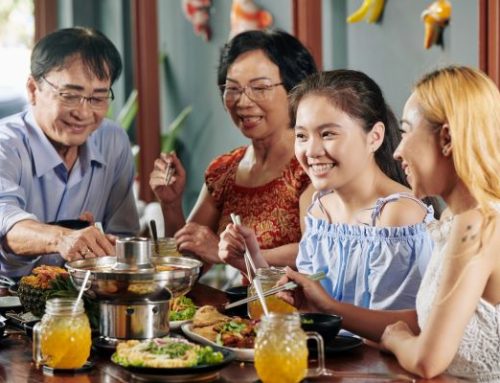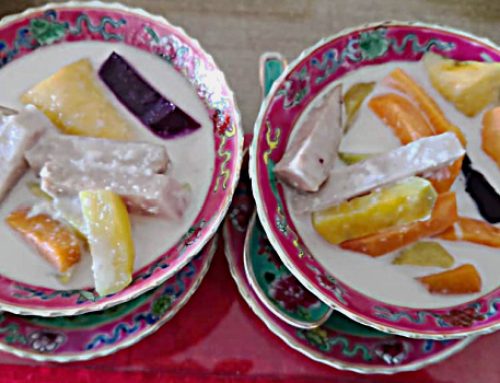When you bridge both cultures, you bridge the connections with your children
Your culture is your heritage; it gives you the foundation of WHO you are and WHAT you stand for. It is about your language, your food, your birth name, your tribe, your sense of identity, your religion and your mannerism.
“Culture is defined as the total of the inherited ideas, beliefs, values, and knowledge, which constitute the shared bases of social action, and the total range of activities and ideas of a group of people with shared traditions, which are transmitted and reinforced by members of the group.”
http://dictionary.reference.com/browse/culture
We as parents face daily challenges when interacting with our children and it is especially challenging if you are integrating two cultures as your children are exposed to the culture of your new country.
For parents, we may be still holding onto the culture/habits of our parents and ancestors, what we thought, and what we learned from our community in our birth country. However, our children are brought up here, thus they will be learning and experiencing the culture of their adopted country.
When you have conflict with different ideas, different perceptions, and different ideologies etc., you may be scratching your head wondering what you have done wrong? Why is there such conflict?
Your children are not out to challenge you or make your life difficult, but the reason is they are brought up in a different environment, with a different culture. They have different communities and peers, thus they may view and percept things differently – and this is called the generation gap. This gap will be obvious when you also have to bridge the gap of two different cultures.
So how do you overcome the cultural conflict?
Allow me to share with you my experiences. One very distinct conflict of cultures was when my teenage children were into clubbing with friends and going to pubs for socialising until late at night with friends.
This is normal practice in Australia; however I grew up with the notion that when the sun went down, we were expected to be in the door/at home, and alcohol was not encouraged in homes nor during socialising.
So can you see the conflict here? No late nights and minimal/no alcohol for me, yet it is the norm in Australia. So you can imagine that trying to get our children to follow our path was going to be challenging to say the least, and often than not, it was the major cause of conflict within the family.
So this is what we did in order to strike the balance … we would allow my children to socialise with their friends at whatever venue they would normally hang out; however, we would state our concerns and our do’s and don’ts. We invited our children to meet us half way.
For example, we said:
- We are not comfortable when they are in the pubs etc until very late at night.
- We are not comfortable for them to travel back on their own, especially on public transport.
- Be in control with the amount of alcohol you consume.
Our children were encouraged to meet us half way:
- We agreed a time when they should leave the venue and they would call should they want to extend the time.
- They would call when they were ready to leave and we would collect them from the venue.
- etc
The important thing is, your children need you to:
- Accept that they are living in a different country from yours
- Listen and pay attention to what they have to share, their fears, their worries, what they like and dislike etc.
- Be open to negotiate and let go of your paradigm on how you were parented and what was expected of you according to your culture
- Trust them to make good decisions
- Open up to communication and be willing to honour their needs.
You have to accept that your children will be brought up in your adopted country. There is no doubt they will inherit the culture of their adopted country more that your culture, which they may never have experienced.
When bringing up our children in the Australian culture, my husband and I would integrate our culture in our daily interactions with them, while learning about the different culture of the adopted new home.
Be opened to integrate the two cultures together to make a stronger foundation for your family. When you can bridge the connections and understanding between yourself and your children through your different beliefs, values and culture, you will enjoy more harmony at home.
Empower yourself and step up to learn new things from your adopted home country, but never forget about your own culture.
Be proud of your culture, it is an amazing gift!







Leave A Comment